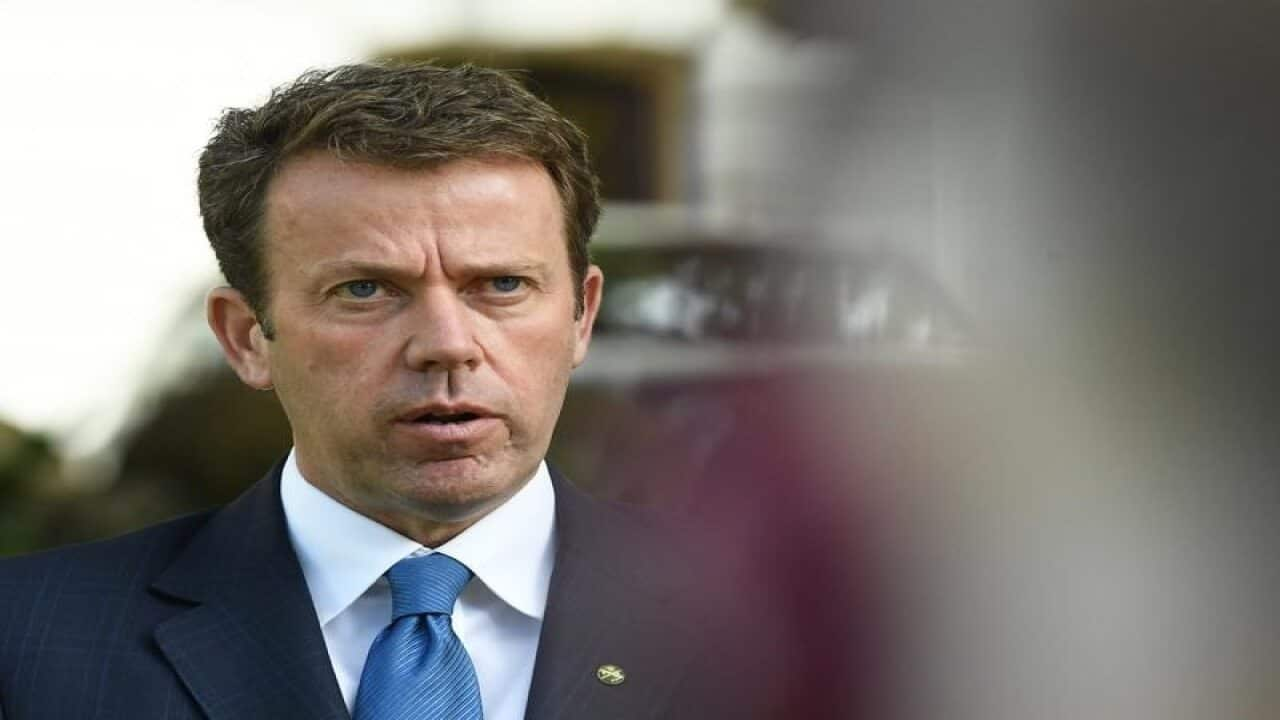The Education Minister, Dan Tehan, has called for more of a focus on Indigenous history in schools on Monday, as debates over the removal of statues honouring colonial figures intensifies.
Statues of slave traders and other questionable historical figures have been torn down in cities around the world as part of the international movement against racial injustice.
On the weekend, a second statue of Captain James Cook was defaced in Sydney early on Sunday morning after a heavy police presence guarded the Hyde Park effigy on Friday night.
The controversy over the removal of statues has also evoked widespread calls for the Australian curriculum to better educate students about atrocities committed against Aboriginal people.
Speaking to ABC radio on Monday morning, Minister Tehan would not commit to expanding learning requirements but said more understanding about our own history is needed.
"It is there at the moment and I think we need to make sure that it continues to be there because knowing your own history is just so important," he said.
"I think through our school system, through our university system, understanding Indigenous history – Australian history – is going to be something that we want to continue to focus on. "
It comes as has garnered more than 80,000 signatures to include 'Aboriginal Culture' as a subject in schools.

A heavy police presence stands guard at the Captain Cook statue in Hyde Park, New South Wales.
More Aboriginal history needed
The memorialisation of figures that were instrumental in colonisation, that led to widespread massacres and dispossession of Aboriginal people, has invoked questions of which parts of shared history are being celebrated in Australia.
Garrwa Yanyuwa woman and senator for the Northern Territory, Malarndirri McCarthy, has condemned the de-facing of statues, like the one of Captain James Cook in Hyde Park which was spray painted with the words "no pride in genocide" and "sovereignty never ceded".
She spoke to Sunrise on Monday and said there also needs to be more statues commemorating First Nations people.
"I just think there’s half the history that’s just not being told," she said.
"So it’s not about re-writing history, it’s about bringing up into the space the equality of first Nations people’s history."
"I mean I come from Borroloola in the Gulf of Carpentaria in the Northern Territory and our history of the four language groups there is enormously strong and proud and I’d love to see more of that, not to eradicate the non-Indigenous history... It’s about bringing up the stories that were always here," Ms McCarthy said.

